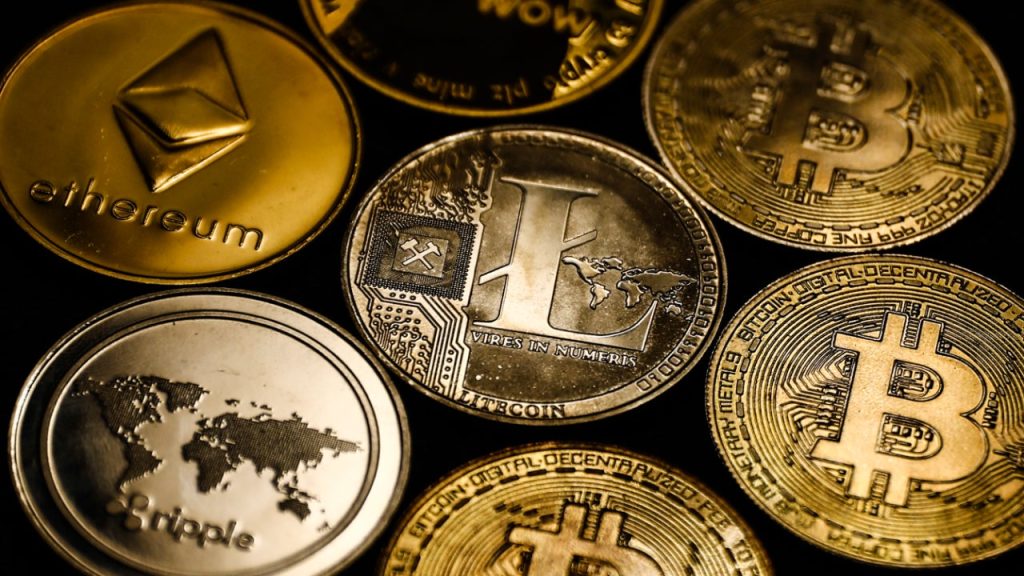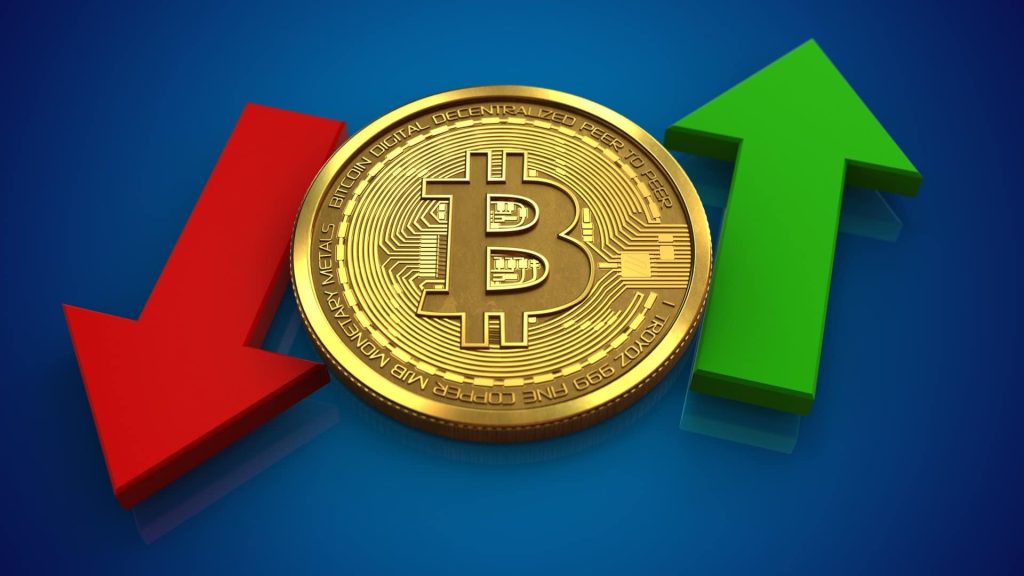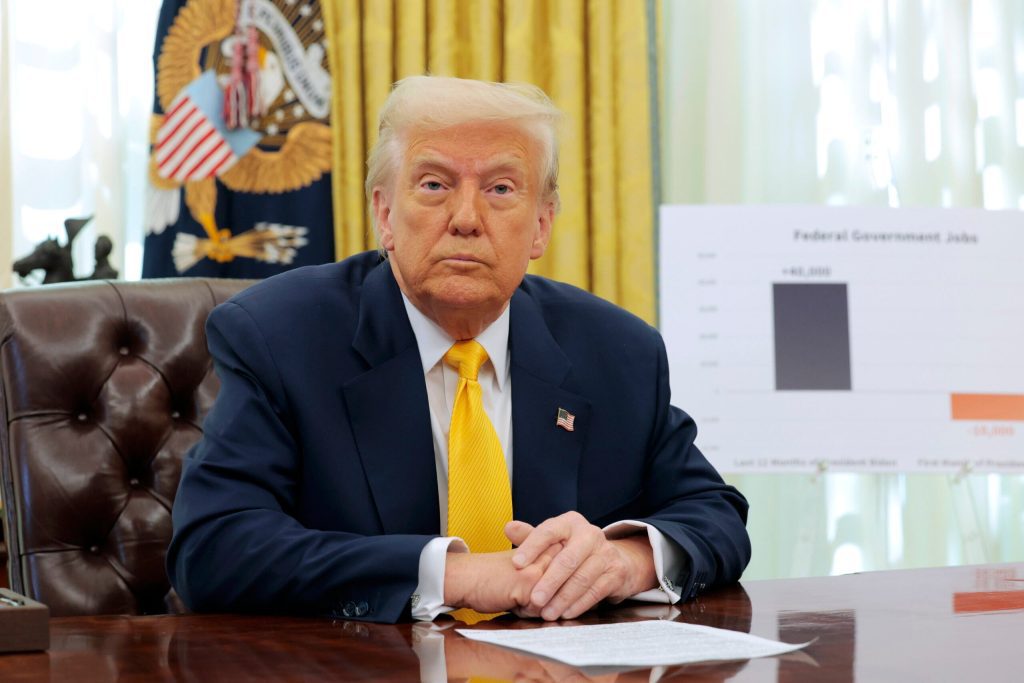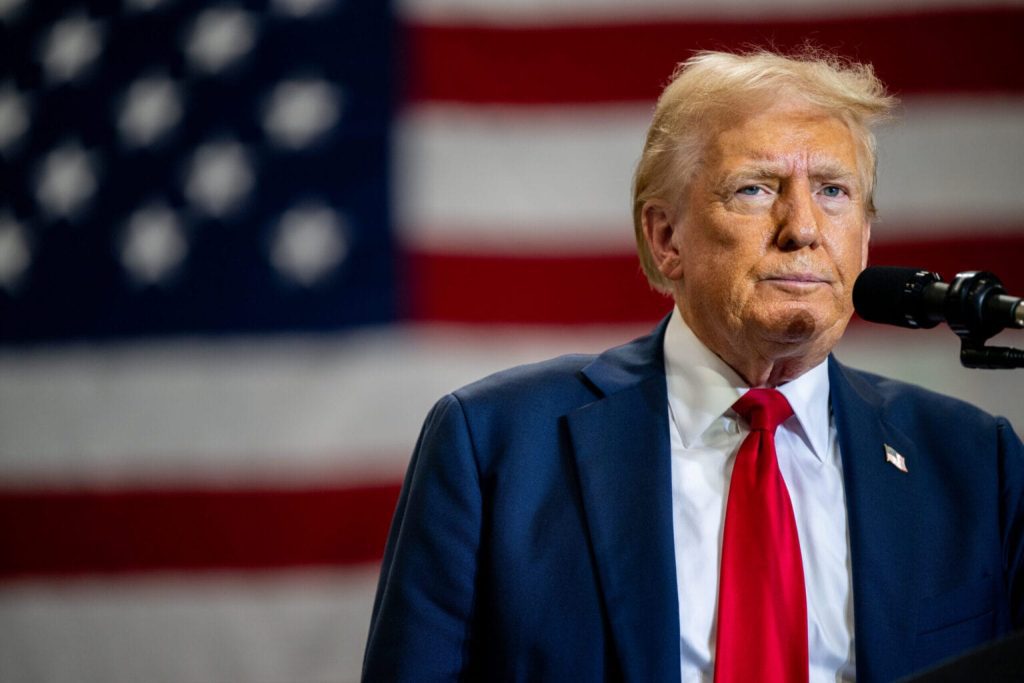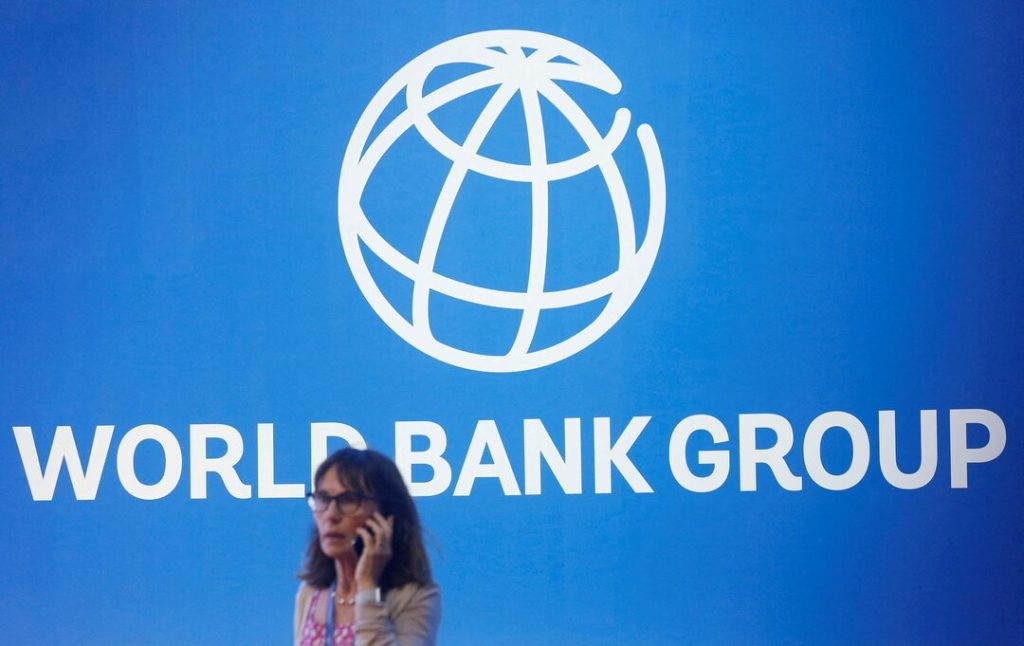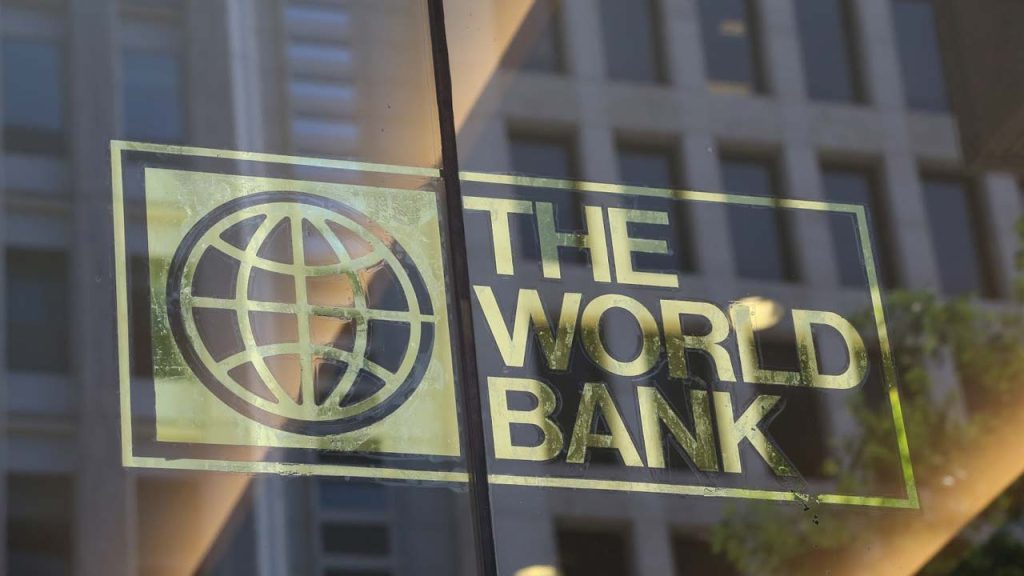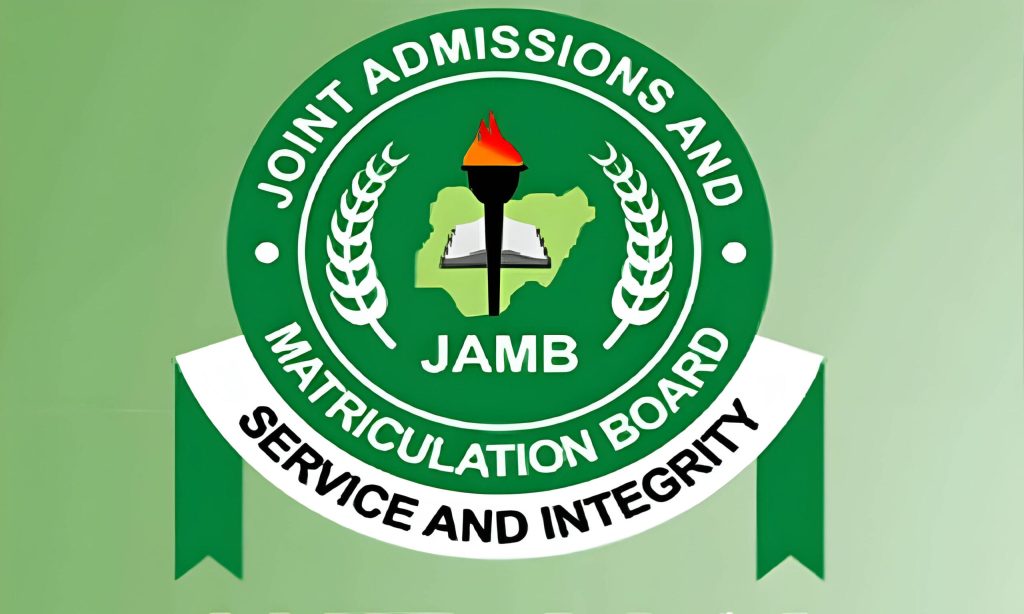The Central Bank of Nigeria (CBN) has sparked public outrage following its latest directive to eliminate free ATM withdrawals at other banks’ ATMs and introduce a N100 charge per N20,000 withdrawal. The new policy, set to take effect on March 1, 2025, has drawn criticism from bank customers, financial analysts, and social media users, many of whom believe it will further burden ordinary Nigerians.
CBN’s New ATM Withdrawal Policy: What Has Changed?
The CBN circular, titled “Review of Automated Teller Machine Transaction Fees,” was signed by John Onojah, Acting Director of the Financial Policy and Regulation Department. It outlines the following key changes:
- Elimination of Free ATM Withdrawals:
- Previously, customers enjoyed three free monthly withdrawals from other banks’ ATMs. Under the new policy, these free transactions will no longer apply.
- Introduction of N100 Charge per N20,000 Withdrawal:
- Customers using ATMs located within bank premises will now pay N100 per N20,000 withdrawn.
- For off-site ATMs (e.g., in shopping malls, fuel stations, etc.), a N100 fee per N20,000 withdrawal will apply, along with an additional surcharge of up to N500, which goes to the ATM operator.
- International ATM Withdrawals:
- The exact fee for international ATM transactions will be determined by the foreign acquirer (i.e., the bank operating the foreign ATM).
- Justification for the New Fees:
- The CBN cited rising operational costs and the need to enhance ATM service efficiency as reasons for the new charges.
- The move is expected to encourage more banks to deploy ATMs nationwide, improving access to cash withdrawal services.
Mixed Reactions: Supporters vs. Critics
The announcement has divided opinions, with some experts justifying the changes as necessary for economic realities, while others argue that it will disadvantage low-income earners and discourage financial inclusion.
Proponents: “It’s a Necessary Adjustment.”
Dr. Uju Ogubunka, Chairman of the Bank Customers Association of Nigeria, acknowledged that the increase was expected given inflation and rising operational costs in various sectors.
“Other industries have increased their fees—electricity, telephones, and even market prices have gone up. The issue is not the increase itself but whether it is reasonable and affordable for Nigerians.”
Ogubunka advised Nigerians to adapt to the changes, suggesting that over time, the financial sector would adjust itself accordingly.
Critics: “This Will Hurt Low-Income Earners”
On the other hand, financial analyst Segun Aremu criticized the move, warning that it could discourage financial inclusion and worsen the cost of banking for everyday Nigerians.
“Many Nigerians live in areas with limited banking options. If a customer’s only available ATM belongs to another bank, they have no choice but to pay extra charges. The cost of withdrawing small amounts of money will become too expensive, especially for low-income earners.”
He also pointed out that this move contradicts Nigeria’s push for financial inclusion, as many citizens, especially in rural areas, still rely on cash transactions due to limited access to digital banking platforms.
Public Outcry on Social Media
Many Nigerians took to social media to vent their frustrations over the policy, calling it “anti-people” and accusing the CBN and federal government of worsening the financial struggles of citizens.
- @Oladele_Olowookere wrote:
“With the new ATM withdrawal charges from March 1, the CBN is deliberately making middle and low-income earners poorer. Imagine paying N550 in charges just to withdraw N20,000.” - @Evuakpo_Afoke lamented:
“First, stamp duty, now increased ATM withdrawal charges. The government and banks profit from our deposits and now want to take more when we withdraw our own money. So much for ‘financial inclusion.’” - @Mega_Mixer questioned Nigeria’s banking system, writing:
“How do banks in other countries offer better services without making customers pay ridiculous withdrawal charges? Why is Nigeria different?” - @Sunday_Truck added:
“New ATM fees? That’s going to frustrate a lot of Nigerians. Why do we have to keep paying extra just to access our own money?”
Implications of the New Policy
The removal of free ATM withdrawals and the introduction of N100 per N20,000 withdrawal is expected to have several effects:
- Higher Banking Costs for Customers
- The policy will increase financial burdens on customers, particularly low-income earners who frequently withdraw small amounts of cash.
- Boost in Electronic and Mobile Banking
- The CBN may be pushing more Nigerians towards digital transactions to reduce reliance on cash-based transactions. This could increase the use of bank apps, USSD services, and fintech platforms.
- Increased ATM Deployment by Banks
- The CBN expects the new charges to encourage banks to deploy more ATMs nationwide, improving accessibility.
- Potential Drop in ATM Usage
- Many customers may reduce their reliance on ATMs to avoid the fees, opting instead for over-the-counter withdrawals, mobile banking, or POS agents.
Conclusion: Is This the Right Move?
While the CBN justifies the new charges as a response to rising operational costs, the reality for many Nigerians is that financial burdens keep increasing. The policy favors banks and ATM operators but adds another layer of expenses for everyday customers who simply want to access their money.
With the March 1, 2025 implementation date fast approaching, Nigerians will have to rethink their banking habits—perhaps relying more on mobile banking or reducing the frequency of ATM withdrawals to minimize extra charges.
However, as critics have pointed out, Nigeria’s economy is not yet fully cashless, and millions still depend on physical cash for daily transactions. The question remains: Is this the right time to implement such a policy, or will it only push more people out of the banking system?



